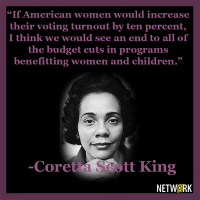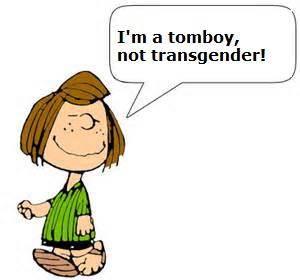In recent years, I’ve come upon references to the concept of emotional triggers and “trigger warnings”..
The origin of this concept was in reference to Post Traumatic Stress Disorder, where reminders of a traumatic event in a person’s past life would generate a temporary episode or flashback of emotional and/or physical reactions that interfered with the person’s mental health and normal daily functioning. Part of treatment for PTSD was to try to avoid situations that might typically set off one of these episodes.
But in more recent years, this concept has been co-opted by social justice warriors and others to refer to reminders of events or circumstances that might be upsetting, unpleasant, offensive, or merely a disagreement with events or circumstances that do not meet the criteria of the psychiatric definition of a mental health trauma.
For example, I read a message board thread about marital infidelity that warned readers of “possible triggers”. In another place online, it was implied that talking about class issues and poverty around someone who had grown up poor could be “triggering”. I’ve read about transgender people objecting to women talking about their biological functions: menstruation, pregnancy, etc, because they find it “triggering”.
But just what do they mean by “triggering” in such instances? Do they really think that being reminded of something unpleasant is going to generate a full blown episode of going to emotional pieces? Or do they actually find normal sadness or feeling upset comparable to a PTSD flashback?
I’ve seen the implications that others should walk on tiptoes around such people and always treat them with kid gloves as if they were emotionally and mentally fragile and might have a meltdown if they are confronted by anything upsetting, unpleasant, or something that offends them.
As for myself, my mother died suddenly when I was 13, an age that I really needed having my mother around. This event left a hole in my life that can never be refilled. Sometimes, to this day, I’ll read or hear things that reminds me of that event and I’ll be briefly sad and shed some tears. But I don’t allow this event from many years ago to define my life, nor do I expect to go out of my way to avoid reminders of it. Feeling sad about it from time to time is just part of my life and I’m not going to go to pieces about it. And I do not expect other people to avoid talking in front of me about their mothers, about death, and other things that might remind me of it.
Whatever happened to valuing emotional resilience and working through issues? Is it mentally healthy to avoid ever being sad, upset, offended, or even being challenged by disagreements? Is it helpful to go through life wrapped up in bubble wrap and expecting others to walk on eggshells around you in case you might be upset by something that might “trigger” you? I say not. Negative emotions are a part of life and working through the issues that upset us make us stronger in the long run.
(Note that I am NOT including PTSD or other events that do meet the criteria of a true psychological trauma that might generate actual flashbacks that interfere with a person’s mental health, but, rather, to lesser events that might make a person upset, sad, or offended.)







